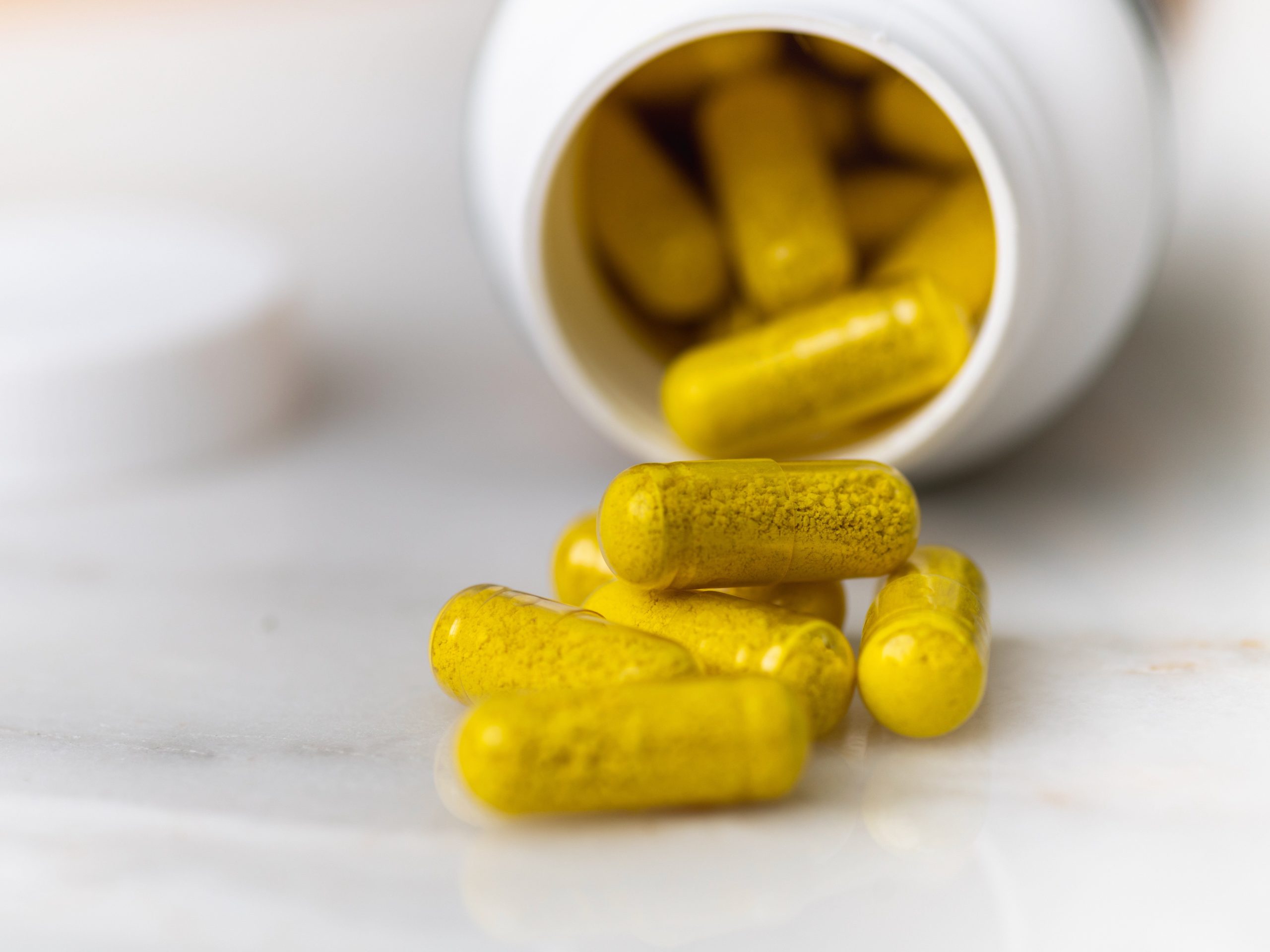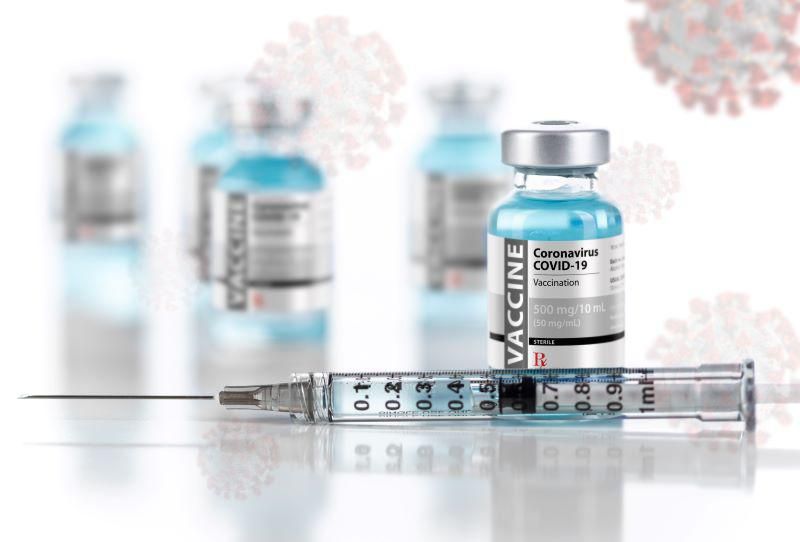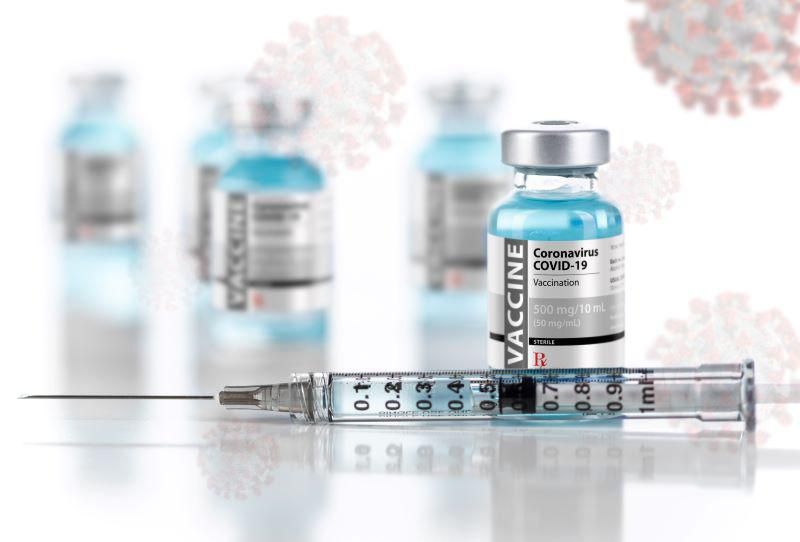
The herbal supplement berberine has become the latest social-media obsession for weight-loss, with some on TikTok calling it “nature’s Ozempic.” Experts don’t agree. “I would say it’s a big exaggeration to call it ‘nature’s Ozempic,’” said Dr. Melinda Ring, executive director of the Osher Center for Integrative Health at Northwestern University, in Chicago. But berberine… read on > read on >






























